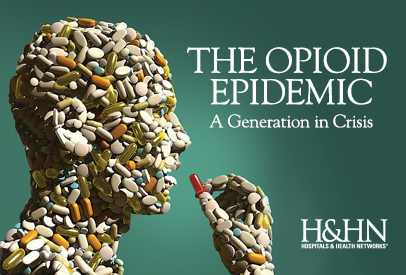Tuesday
Like many Americans, I have been dismayed by reports of the opioid epidemic that is breaking out across the country, often in rural areas. As the Department of Health and Human Services reports,
More people died from drug overdoses in 2014 than in any year on record. The majority of drug overdose deaths (more than six out of ten) involve an opioid. And since 1999, the number of overdose deaths involving opioids (including prescription opioid pain relievers and heroin) nearly quadrupled. From 2000 to 2014 nearly half a million people died from drug overdoses. 78 Americans die every day from an opioid overdose.
It’s hard to believe that the situation is worse even than it was in the early 1990s, when the problem was associated with urban communities. At the time, Lucille Clifton wrote a couple of powerful poems about how drugs were taking over the lives of young black men and women.
Clifton is appalled at how a people that survived slavery and Jim Crow segregation would fall prey to opiates. Both “memo” and “white lady” play with that irony.
In “memo,” addressed to famed Civil Rights activist Fannie Lou Hamer (who founded the Mississippi Peace and Freedom Party), she contrasts images of rock solidity (“a wall in the hall of justice,” “a brick building a Mississippi/building freedom/into a party”) with images of cold and inert rocks (“stoned girls and boys”):
memo
to fannie lou hamer
fannie for this
you never walked
miles through the mud
to register the vote
not for this
fannie did you stand
a wall in the hall
of justice not for these
stoned girls and boys
were you a brick
building a Mississippi
building freedom
into a party not
this party fannie
where they lie eyes
cold and round as death
doing to us what even
slavery couldn’t
In “white lady,” meanwhile, Clifton invokes segregated society’s deepest taboo—young black men desiring white women—to describe the seductive lure of cocaine. This attraction, she says, will chain our sons “in the basement of the big house” (prison) while walking “our daughters out into the streets” (as prostitutes looking for a fix).
A deeply committed mother, Clifton says she is willing to do anything and pay any price to get these children back. African Americans have paid and paid, the way that free Blacks in slave times would sometimes buy their relatives, yet still find that they owe more. The poet wonders if the debt will ever be cleared:
white lady
(a street name for cocaine)
wants my son
wants my niece
wants josie’s daughter
holds them hard
and close as slavery
what will it cost
to keep our children
what will it cost
to buy them back.
white lady
says i want you
whispers
let me be your lover
whispers
run me through your
fingers
feel me smell me taste me
love me
nobody understands you like
white lady
white lady
you have chained our sons
in the basement
of the big house
white lady
you have walked our daughters
out into the streets
white lady
what do we have to pay
to repossess our children
white lady
what do we have to owe
to own our own at last
Today it isn’t only African Americans who are asking this question.


